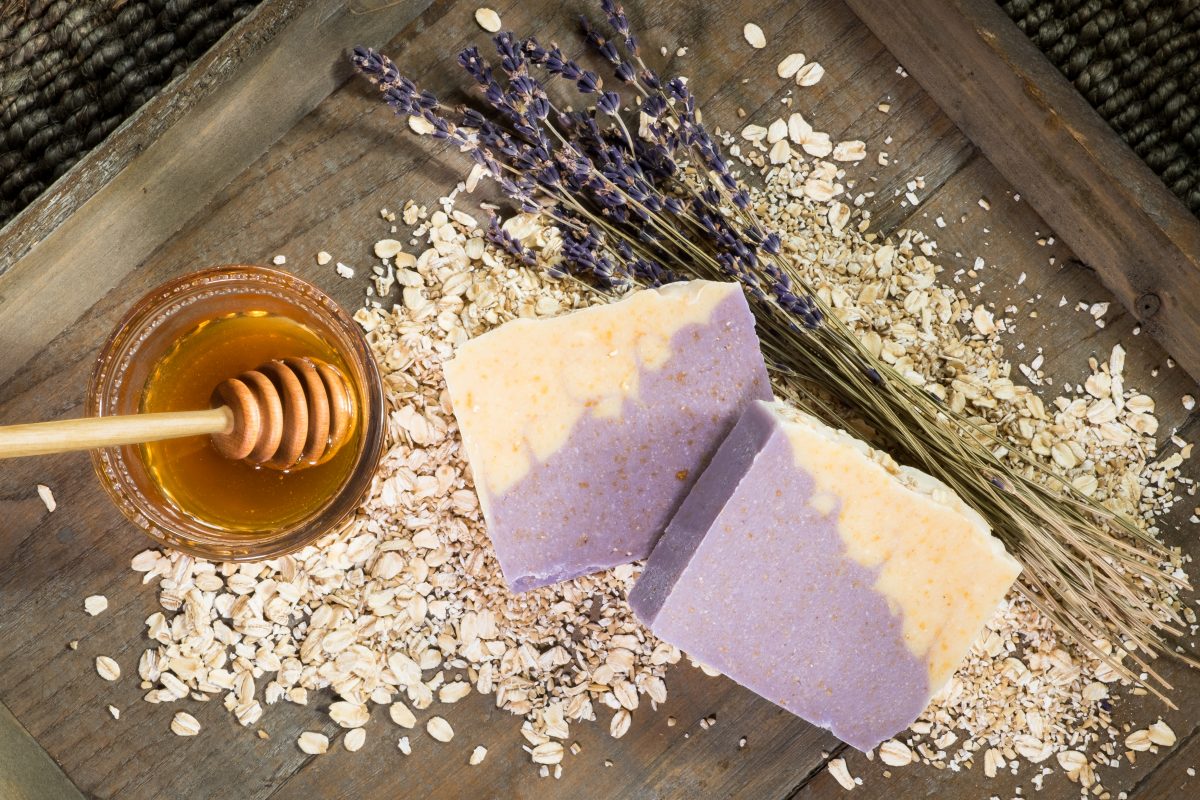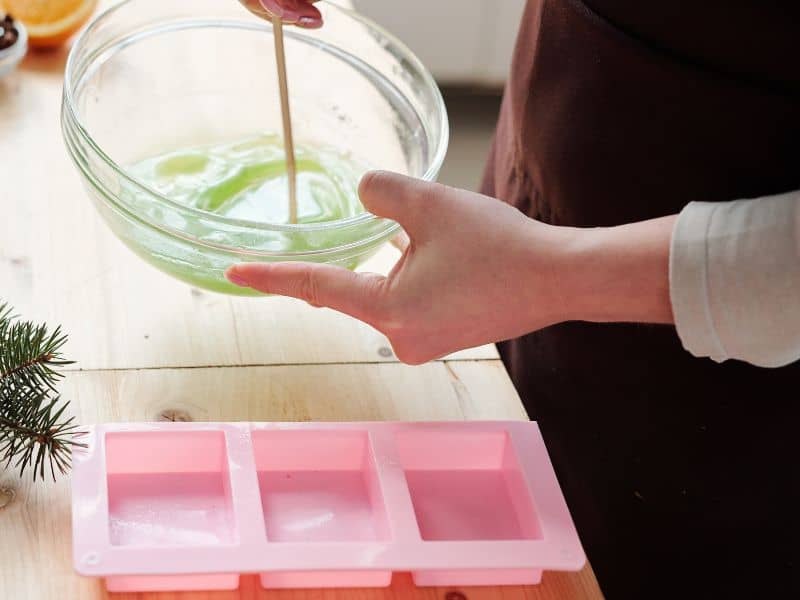
Highlighting Local Ingredients in Soap Making
In recent years, there has been a growing movement towards sustainability and supporting local economies. One area where this shift is particularly evident is in the craft of soap making. By incorporating local, organic ingredients into soap formulations, artisans can create products that are not only beneficial for the skin but also support local farmers and reduce environmental impact. In this post, we’ll explore the benefits of using locally sourced ingredients in soap making and why it’s a practice worth embracing.
The Benefits of Local Ingredients

Supporting Local Economies
When soap makers source ingredients from local farmers and producers, they contribute directly to the local economy. Here’s how:
- Boosting Local Businesses: Purchasing ingredients like olive oil, goat milk, or lavender from nearby farms helps sustain these businesses and fosters a sense of community.
- Creating Jobs: Increased demand for local ingredients can lead to job creation within the community, supporting families and improving livelihoods.
- Encouraging Sustainable Practices: Local farmers often employ sustainable farming methods, which align with the values of eco-conscious consumers and producers.
Reducing Environmental Impact

Using local ingredients in soap making can significantly reduce the carbon footprint associated with production:
- Lower Transportation Emissions: Sourcing ingredients locally minimizes the need for long-distance transportation, thereby reducing greenhouse gas emissions.
- Sustainable Farming Methods: Local, organic farms typically engage in more sustainable practices, such as crop rotation and reduced pesticide use, which help maintain soil health and biodiversity.
- Less Packaging Waste: Local sourcing often means less packaging and fewer resources used in shipping, leading to a reduction in plastic waste and overall environmental impact.
Examples of Local Ingredients in Soap Making
Olive Oil
Olive oil is a staple in many soap recipes due to its moisturizing properties and mild nature. When sourced from local olive groves, it supports regional agriculture and ensures the freshest quality.
Goat Milk
Goat milk is renowned for its creamy texture and gentle exfoliating properties. Local dairy farms producing organic goat milk provide high-quality ingredients while supporting animal welfare and sustainable farming practices.
Lavender
Lavender offers a soothing fragrance and numerous skin benefits. Purchasing lavender from local herb farms supports small-scale growers and ensures that the plants are cultivated without harmful chemicals.
Honey
Honey is a natural humectant, drawing moisture to the skin and providing antibacterial properties. Sourcing honey from local beekeepers not only supports the beekeeping industry but also promotes the health of local bee populations, crucial for pollination and ecosystem balance.
Crafting Soap with Local Ingredients

Creating soap with locally sourced ingredients is not just beneficial for the community and the environment; it also enhances the quality and uniqueness of the final product. Here are a few tips for incorporating local ingredients into your soap making:
- Research Local Suppliers: Start by identifying local farms, markets, and producers who offer the ingredients you need. Establish relationships with these suppliers to ensure a consistent and reliable source of high-quality materials.
- Choose Seasonal Ingredients: Take advantage of seasonal produce to create limited-edition soaps that highlight the best of what your region has to offer at different times of the year.
- Transparency and Storytelling: Share the story behind your ingredients with your customers. Highlight the local sources and the benefits of using these ingredients on your labels and marketing materials to build a deeper connection with your audience.
In Conclusion
Incorporating local, organic ingredients into soap making is a powerful way to support local economies, reduce environmental impact, and create high-quality, unique products. By choosing to source ingredients locally, soap makers can contribute to a more sustainable and connected community, fostering a sense of pride and responsibility in their craft. So, the next time you set out to make a batch of soap, consider the local treasures available to you and the positive ripple effects of your choices.



Leave a comment